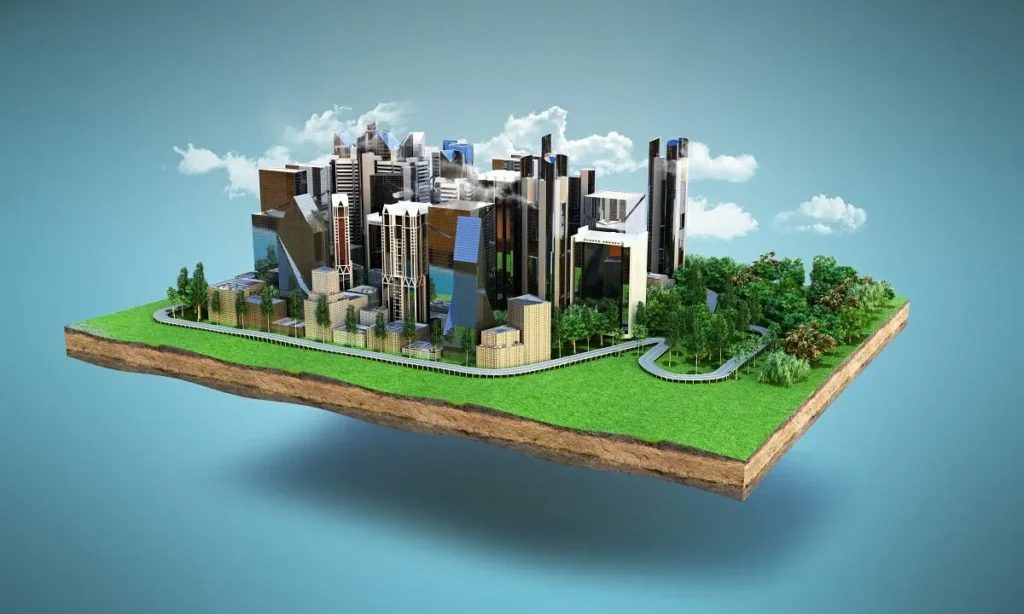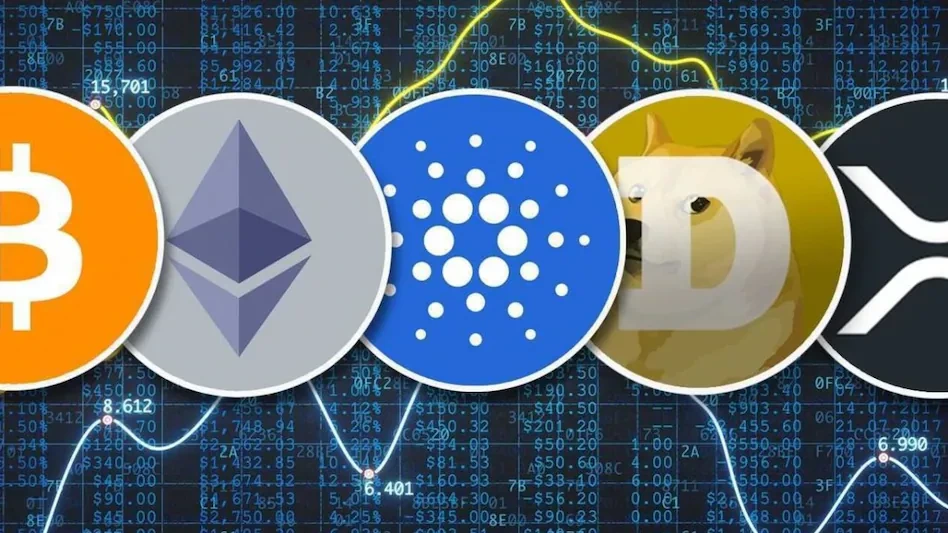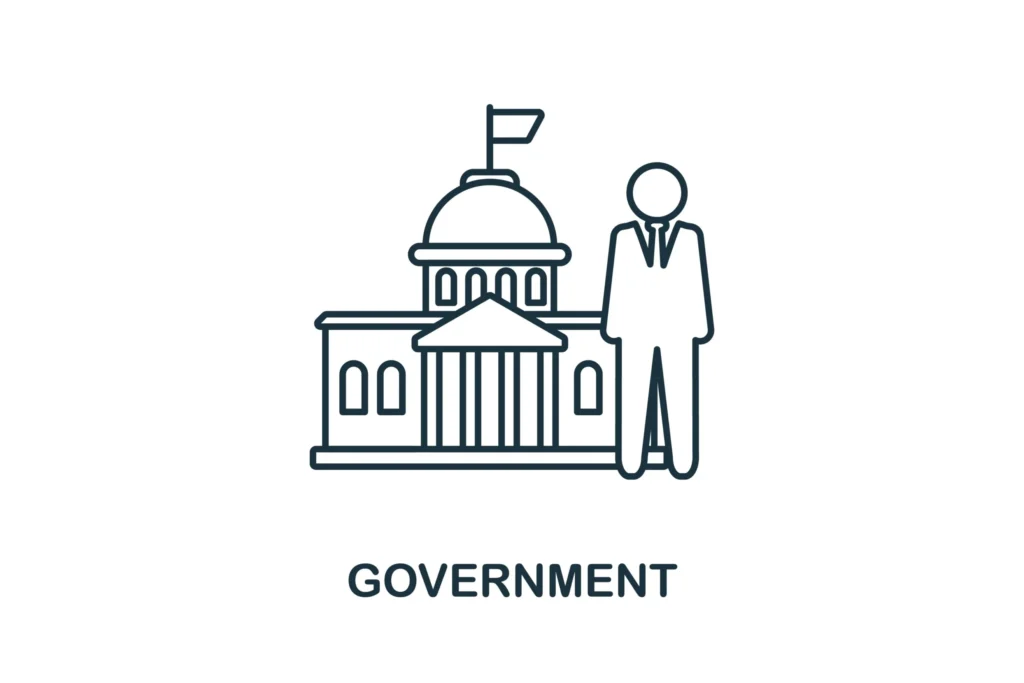Every Home on the Blockchain? Let’s Bust That Real Estate Myth
January 15, 2025

“Soon, every home will be on the blockchain!”
You’ve probably heard this kind of bold claim if you’ve followed crypto, property tech trends or real estate blockchain. But how true is it? Is the future of real estate really just one big decentralized ledger?
Let’s cut through the noise and get into what’s hype, what’s happening, and what’s just… well, not gonna happen anytime soon.


Myth 1: Real Estate Blockchain Means Everyone Will Own Homes with Crypto
The reality: Not exactly.
Real estate blockchain refers to using blockchain tech to record property ownership, transactions, or financing. Think of it as moving your deed from a dusty file cabinet to a digital ledger. It doesn’t mean you’ll be paying for your next home in Dogecoin.
Sure, some platforms let people tokenize properties—breaking ownership into tradable shares like stock. But buying an actual home with crypto is still more novelty than norm. For now, traditional currency and contracts still run the show.


Myth 2: Real Estate Blockchain will Replace All Paperwork Overnight
Sounds dreamy—but not quite.
Imagine buying a house with just your phone. Title changes instantly, payments go through automatically, and everyone involved sees the same verified record. That’s the pitch.
And yes, real estate blockchain could simplify the process and reduce fraud or errors. But in practice? We’re far from ditching notaries and closing attorneys. Governments move slow. Legal frameworks take time. And there’s still debate over how much a blockchain record legally means in most jurisdictions.
So while it might streamline parts of the process—instant closings for every home? Not tomorrow.

Myth 3: It’s a Perfectly Safe System
Kind of, but don’t get too comfy.
Blockchain technology itself is secure—tampering with entries is nearly impossible once they’re recorded. That’s one of its biggest perks.
But here’s the catch: the platforms built on top of blockchain can still be flawed. There’s no universal standard for real estate on-chain yet. Some projects are better built and more secure than others. And yes, if you lose your private keys (the digital password to access your assets), there’s often no way back in.
So… it’s secure, but not foolproof.

Myth 4: Every Home Will Be on the Blockchain Soon
Nope. At least, not in the near future.
A few cities and countries (like Dubai) have launched pilot programs to explore blockchain in property records. Some U.S. counties are testing the waters too. And private startups are tokenizing high-end properties or fractional investment opportunities.
But let’s be real: most homes are still recorded the old-fashioned way.
Laws vary wildly from one country to the next. Some governments are skeptical. And let’s not forget—not everyone is ready to trust a digital ledger over their local records office.
Will more homes end up on blockchain? Almost definitely. But “every home”? That’s a stretch… for now.

So, What’s Actually True About Real Estate Blockchain?
- It has potential to simplify property transactions
- It could open up real estate investing to more people through tokenization
- It’s being tested in real-world scenarios—just not everywhere
- It still faces big hurdles: legal, technical, and trust-related
Final Thoughts: Don’t Fall for the Hype, But Don’t Ignore It Either
The real estate blockchain revolution isn’t a fairytale—it’s happening, slowly but surely. But like most tech shifts, it’s messy, uneven, and full of exaggerated promises.
Will every home be on blockchain? Probably not. But the ones that do get there might pave the way for a new era of real estate—one with more transparency, speed, and access.
For now, keep your eyes open, question the buzzwords, and—if you’re curious—follow the pilots, platforms, and policies that are quietly shaping what’s next.
Because the truth? It’s way more interesting than the myth.
Relevant Link : Here

